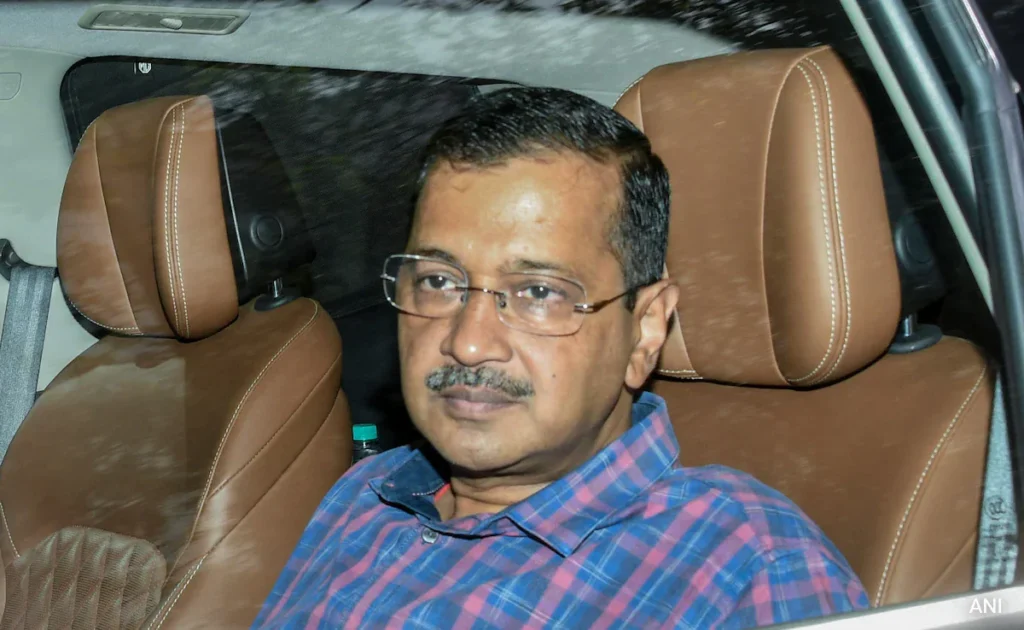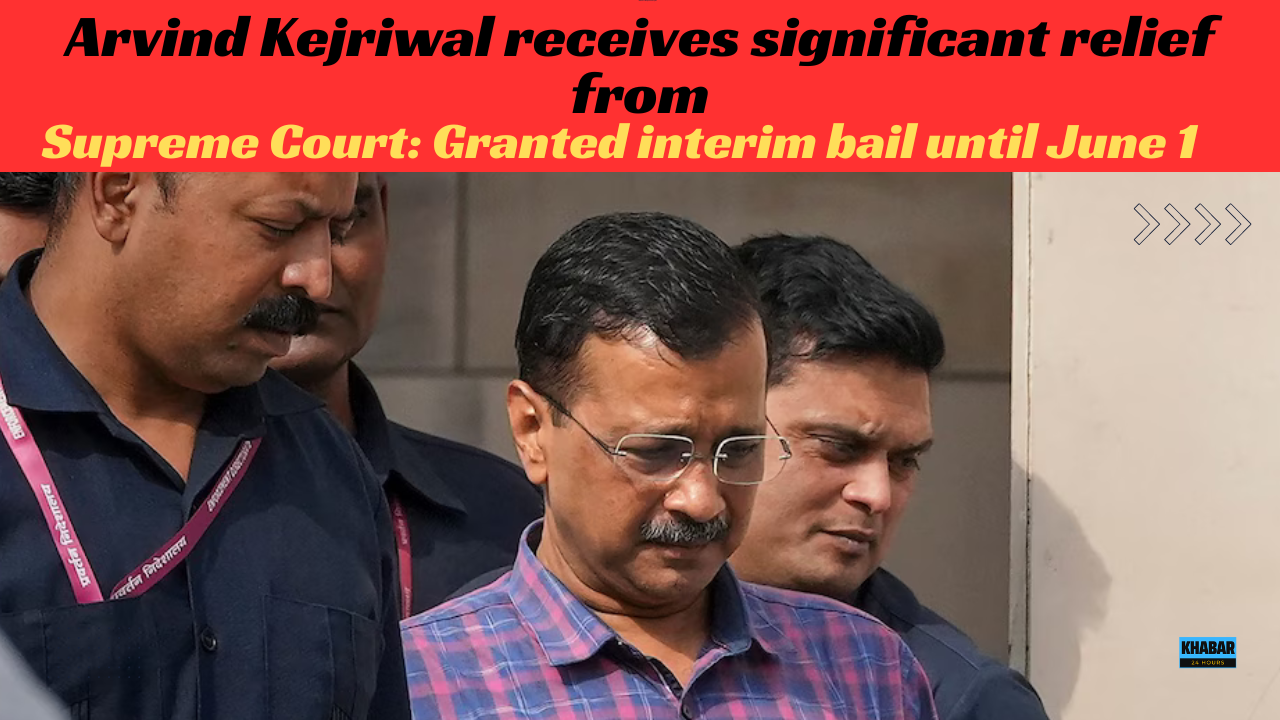In Tuesday’s hearing, the Supreme Court acknowledged Arvind Kejriwal as the duly elected Chief Minister of Delhi, ruling out any “habitual offender” label and paving the way for his interim bail release today.

In a significant development, the Supreme Court has granted interim bail to Delhi Chief Minister Arvind Kejriwal until June 1, coinciding with the final phase of voting for the seven-stage 2024 Lok Sabha election. Kejriwal, who was arrested by the Enforcement Directorate on March 21 in connection with the alleged Delhi liquor excise policy scam, has been directed to surrender to the prison authorities by June 2.
The court has specified that Kejriwal’s bail conditions will be similar to those imposed on AAP leader Sanjay Singh, who was granted interim relief by the Supreme Court. Singh, a Rajya Sabha MP arrested in the same case last October, was released on bail after spending six months in jail. Importantly, Singh was permitted to engage in political activities, including campaigning for the party. Similar allowances are now expected to be extended to Kejriwal.
Representing the AAP chief, who had initially petitioned the Supreme Court to challenge his arrest by the ED, senior advocate Abhishek Manu Singhvi requested interim bail until June 4, the day the election results are announced. However, the court rejected this plea, stating that campaigning for the seventh and final stage of voting would cease 48 hours before polling.
Kejriwal’s legal team strongly argued for the Delhi Chief Minister’s release on interim bail to enable him to campaign for the AAP and the opposition bloc ahead of the election for Delhi’s seven Lok Sabha seats, scheduled for May 25.
On Thursday, the ED, which vehemently opposed granting bail to Kejriwal, submitted an affidavit outlining its objections. The central agency, criticized for allegedly targeting and harassing political rivals of the ruling BJP before the election, stated that no politician could claim a “special status” higher than that of an ordinary citizen. It emphasized that politicians are equally liable to be arrested and detained for committing offences like any other citizen.
The ED argued that there is no “fundamental” right allowing Arvind Kejriwal to claim bail for campaigning in the election. The agency emphasized that no political leader had ever been granted bail for campaigning and releasing Kejriwal from jail to canvass for his party candidates would set a wrong precedent.
In Tuesday’s hearing, the court recognized Mr. Kejriwal as the elected Chief Minister of Delhi and not as a habitual offender. The bench of Justice Sanjiv Khanna and Justice Dipankar Datta stated, “There are elections… these are extraordinary circumstances, and he is not a habitual offender.”
The court had earlier stated that it would consider the question of bail for Mr. Kejriwal not on the grounds of his political profession, but purely based on possible exceptional circumstances that warrant the temporary release of the AAP leader.
The court raised a critical question to the ED, asking why it had taken two years to take action against the Chief Minister and his party. “The concern is the two-year delay. It is not ideal for any investigative agency to take two years to uncover such issues… Now, when will the trial begin?” the court inquired.

